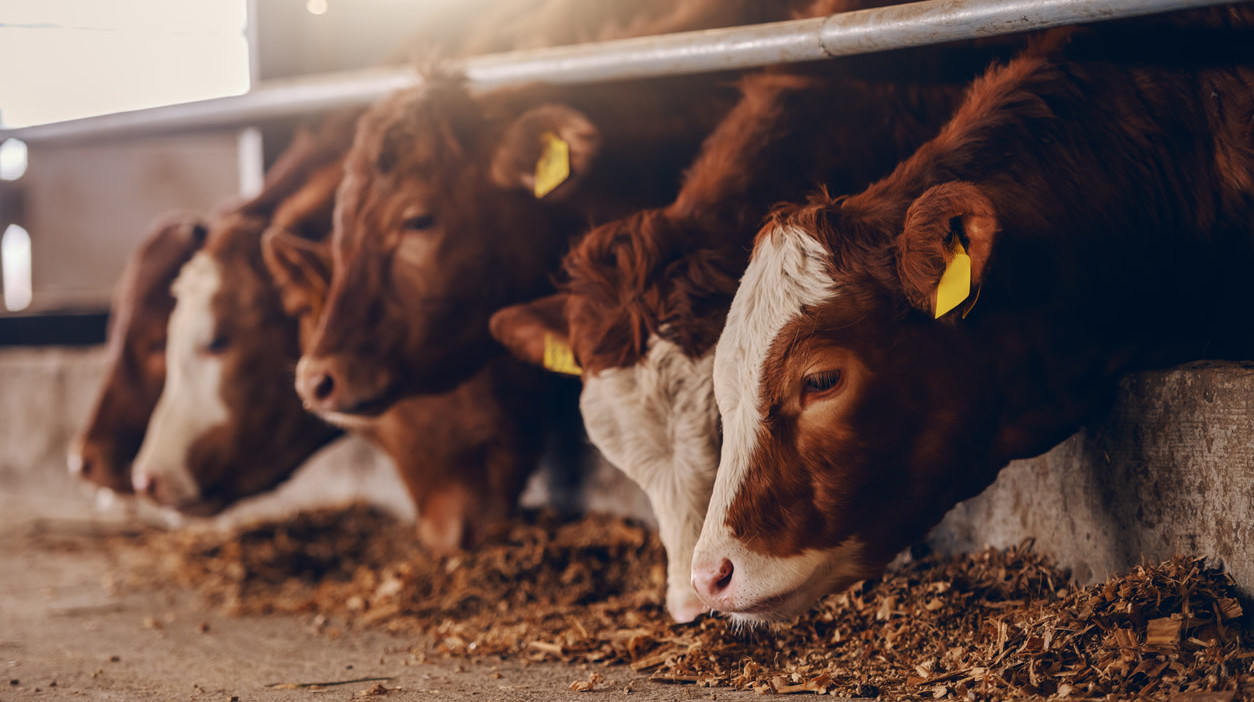Report Finds Eating Local Won't Save The Planet, In A Blow To Tote Bags Everywhere
Well folks, it's another terrible day to love beef. The website Our World In Data analyzed the largest metadata analysis of food products to date (published in 2018), and found that, for most foods, CO2 emissions from transportation pale in comparison to those from land use change and farming. We'll give you a moment to scrape your "Eat Local" bumper sticker off your Prius.
Okay, welcome back. The Our World report lined up 29 food products, from meats to beans to eggs, in order of highest to lowest carbon emissions. Beef is the worst culprit, more than double the runner-up, lamb. At the other end of the spectrum, nuts are actually carbon negative—nut trees are, apparently, currently replacing cropland, and remove CO2 from the air. Generally speaking, animal-based foods have higher carbon emissions than plant-based foods. Point begrudgingly awarded to veganism.
As Vox pointed out in its analysis, this data shows that the whole "eat local" thing doesn't make all that much of a difference, environmentally speaking. Transportation accounts for less than 10% of carbon emissions for most food products, and in the case of beef herds, it's just .5%. Not that eating local is completely useless: eating local meat and produce helps support your community and independent farmers. But if you fancy yourself an environmental crusader for only eating local meat, well, this is your official instruction to do more. Generally speaking, minimizing your carbon footprint has much more to do with what you're eating than where you're getting it from.
Good news, though! If this information has inspired you to cut back on the cow meat, you can still fill your home with the satisfying aroma of 100% Fresh Beef, courtesy McDonald's Quarter Pounder scented candle set.
